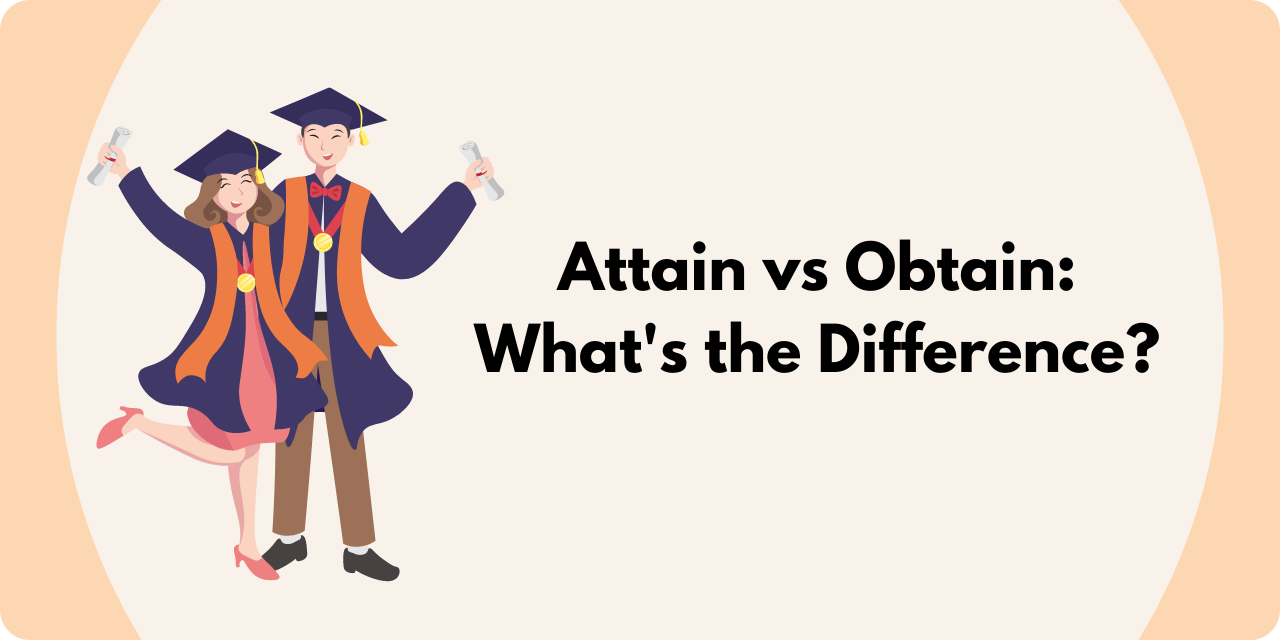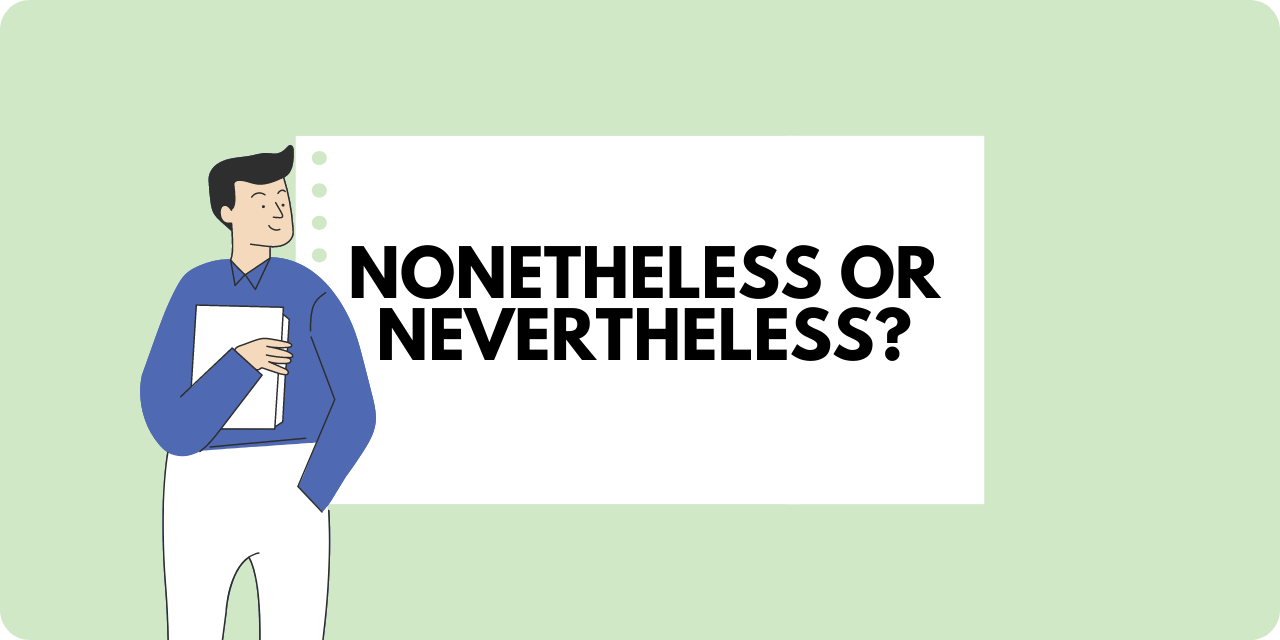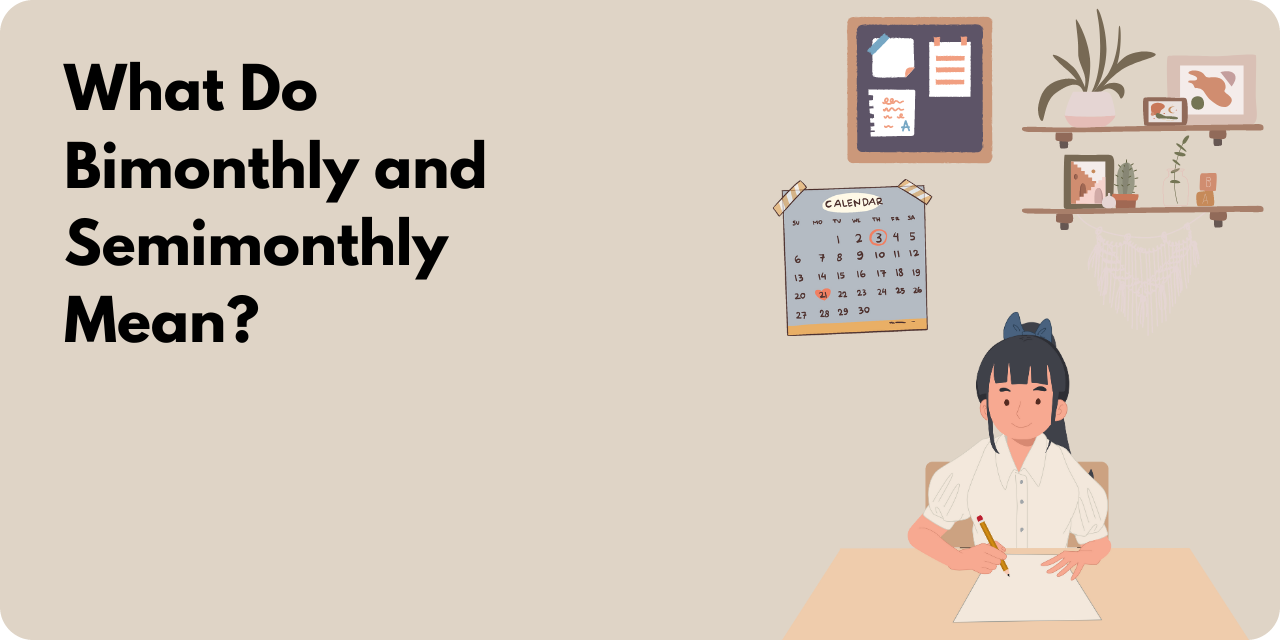- Elude relates to deception or trickery.
- Illusion is a noun representing a false image or trick of the mind.
- An allusion is a reference to a previously existing topic.
Illude, allude, and elude are similar-looking words, but each has its distinctive meaning. Nonetheless, these similarities often confuse with comprehension as well as usage.
We will look at each word separately to understand what each term means and how you should properly use it in writing and speech.
Illude/Illusion
The word illude is a verb relating to deception or tricks. While it is not often seen in writing or used in speech, it occasionally appears in literature or poetry. When used, it typically means that someone or something is attempting to confuse or bewilder another.
For example,
My girlfriend’s wily ways no longer illude me.
In other words, this girlfriend has been manipulating the speaker somehow, but he has grown wise to her methods and is no longer deceived or tricked by them.
Brolyn blinks as the images fade from his eyes; the magic no longer illuded his senses.
Seemingly the victim of a magical spell in a fantasy setting, whatever conjuration was confusing him has now dissipated.
A very near cousin to the word “Illude” is “Illusion.”
These two words share similar meanings, but “illusion” is a noun often meaning a trick of the mind, something perceived as real that is not. It can also describe being under a false state of mind or understanding.
When I saw the oasis while wandering in the desert, I was unsure whether it was real or an illusion.
Because sometimes extreme heat can play tricks on the mind, the narrator is unsure whether he is seeing something real or a vision created by his condition.
The casual way the people sat across from one another could lead an onlooker to believe it was a peaceful dinner, but the way the guests stared at each other or gripped the tabletop spoiled the illusion.
Here we have a tense situation barely kept under wraps. A glance might create the false image that everything is fine, but a closer examination shows an ominous atmosphere or at least significant stress exhibited by the guests.
Elude
As the pronunciation is similar to “illude,” there is little surprise that people get the two mixed up.
Elude means to avoid capture or escape somehow, whether physically or metaphorically.
While playing football, Tony managed to elude the defense and scored a touchdown.
As the defensive players are actively trying to catch and tackle Tony, the word refers to his ability to avoid his pursuers.
Jessica’s subtle hints to warn Alyssa eluded her friend.
Poor Alyssa is clueless as her friend tries to help her, but the gestures go over her head, thus escaping her.
The criminal tried to elude the police, but they had an ambush awaiting him.
In this circumstance, we have a failed attempt to escape.
Allude/Allusion
Much like the relationship between “Illude” and “Illusion,” Allude and Allusion are related word forms.
To allude to something is to refer to it.
The evidence packet alludes to a photo of the suspect’s shirt, but I do not see that here.
The packet references the shirt, but it may cause concern that the evidence in question is not where it should be.
The song Haley alluded to this morning began to play on the radio.
As Haley was talking about the song earlier, the writer remembered her referring to it when it plays.
An allusion is the same but functions as a noun instead of a verb like its counterpart. It may act as a casual reference to an earlier topic.
For instance,
After the devastating breakup with his girlfriend, Tom removed all allusions to her from his house to help him forget.
He is cleaning out all references or reminders of her.
Janine’s allusion to Brad’s lousy temper made him angry.
Her reference to this and his reaction seem to indicate that she is correct.
In Language Arts, allusion is a literary device that references another work of art either directly or indirectly.
If you are reading a book, and a character in that book is wearing a Star Trek badge (and the book is not a Star Trek book), that is a direct allusion to Star Trek. It is direct because there is no doubt as to the reference: the name of the television show is right there.
The boy came in, wearing a blue costume with an S in the middle and a red cape.
This should be a reasonably simple example of an Indirect allusion. Most people would recognize this costume as a Superman costume, but this is an indirect allusion.
If you did not know anything about Superman, you might not catch the reference, as you would need previous knowledge of the movie to recognize the allusion.
The hairy feet in my painting are an allusion to the hobbits in Lord of the Rings.
This example is a reference that is clear in the sentence, and it does not matter what form of Lord of the Rings; it is still a reference to a work of art, whether book or film.
Related: Enjoyed this article? We have a whole section on similar words here.
Want to sharpen your business writing skills? Discover our acclaimed online courses at syntaxtraining.com






